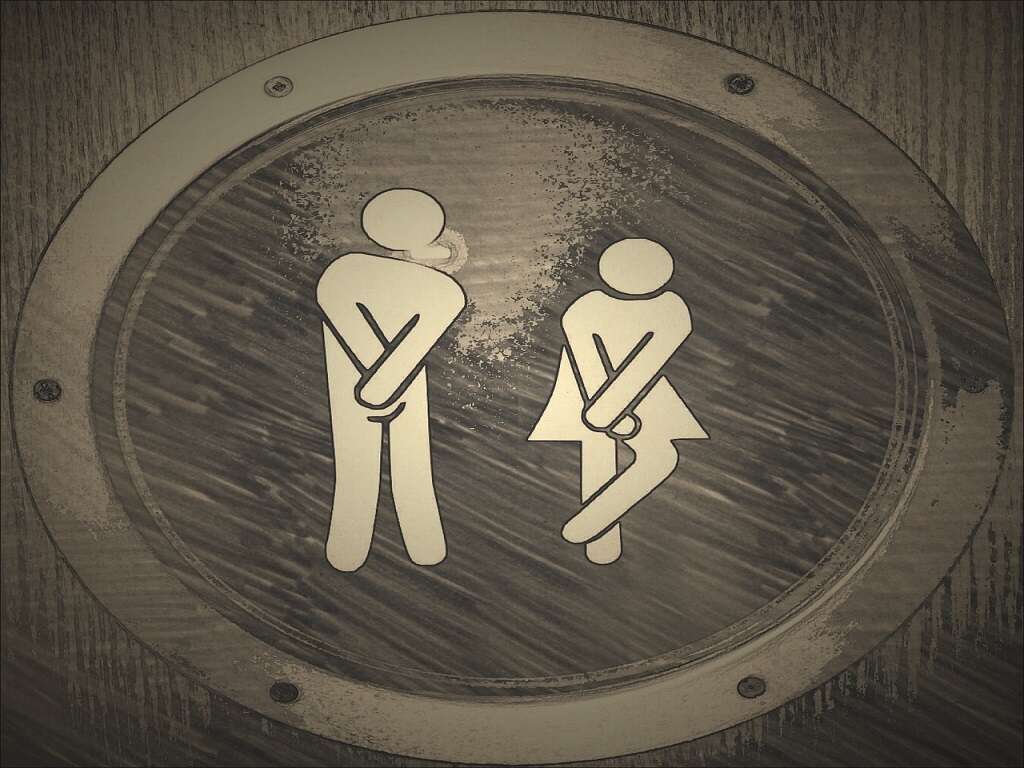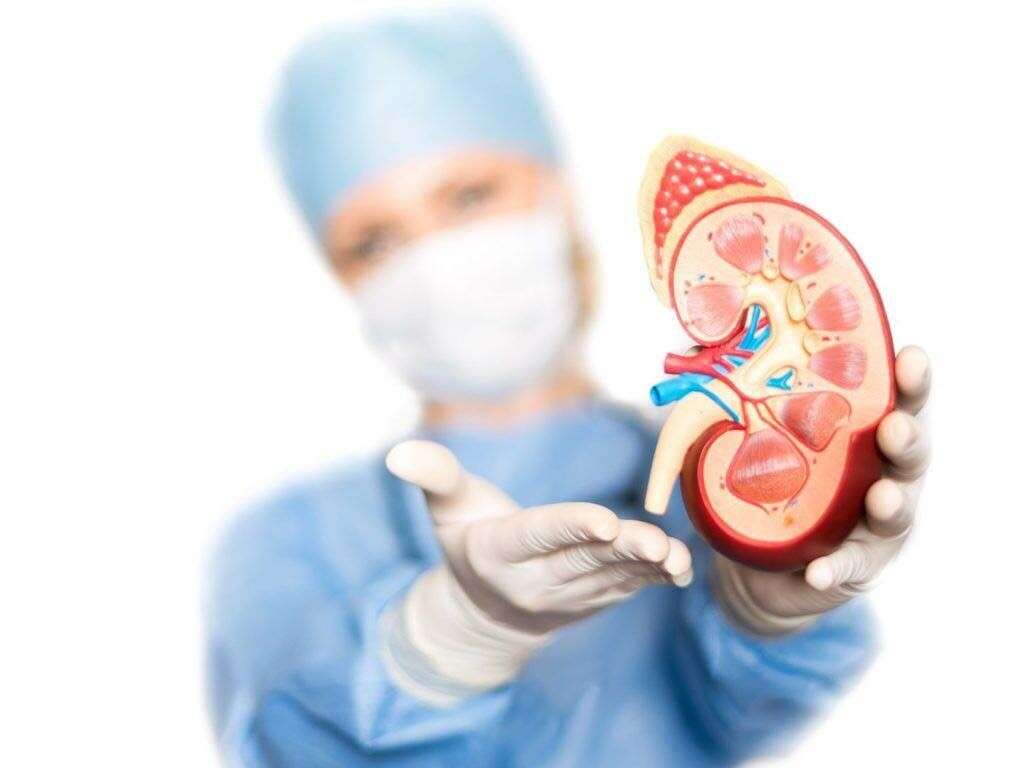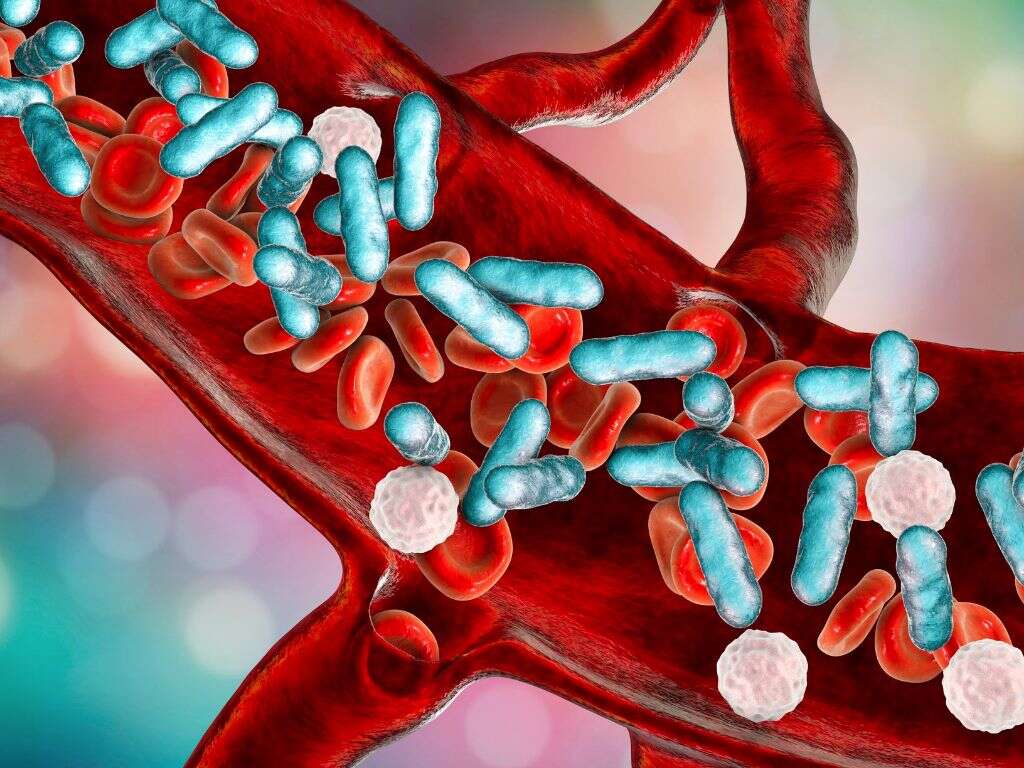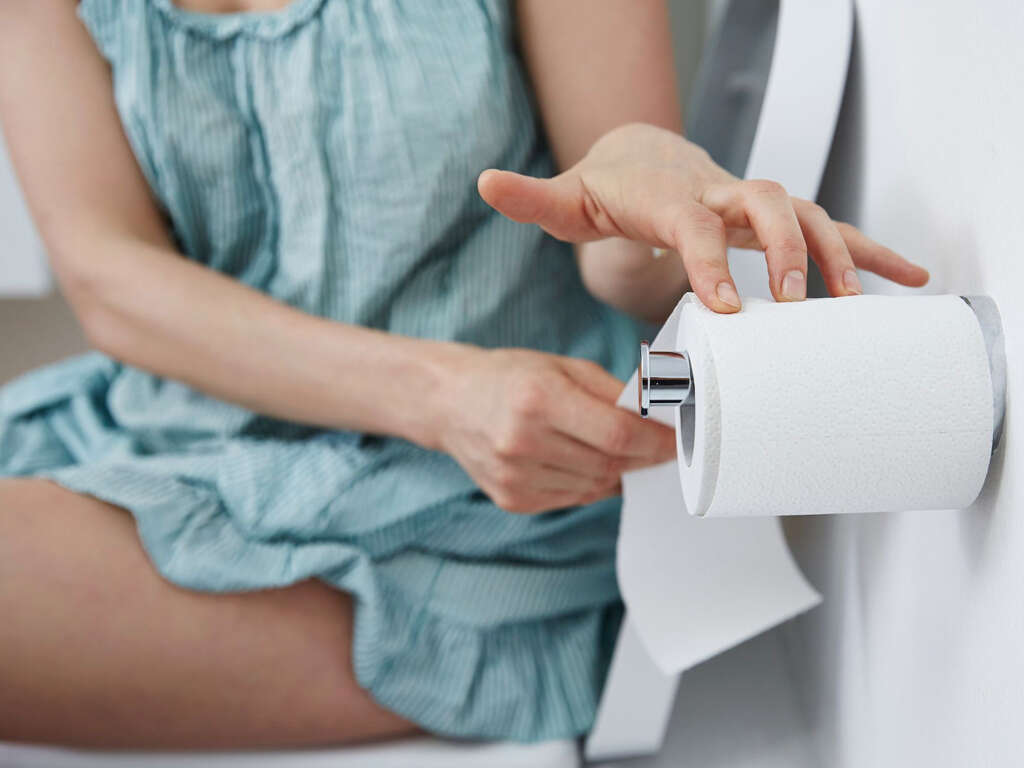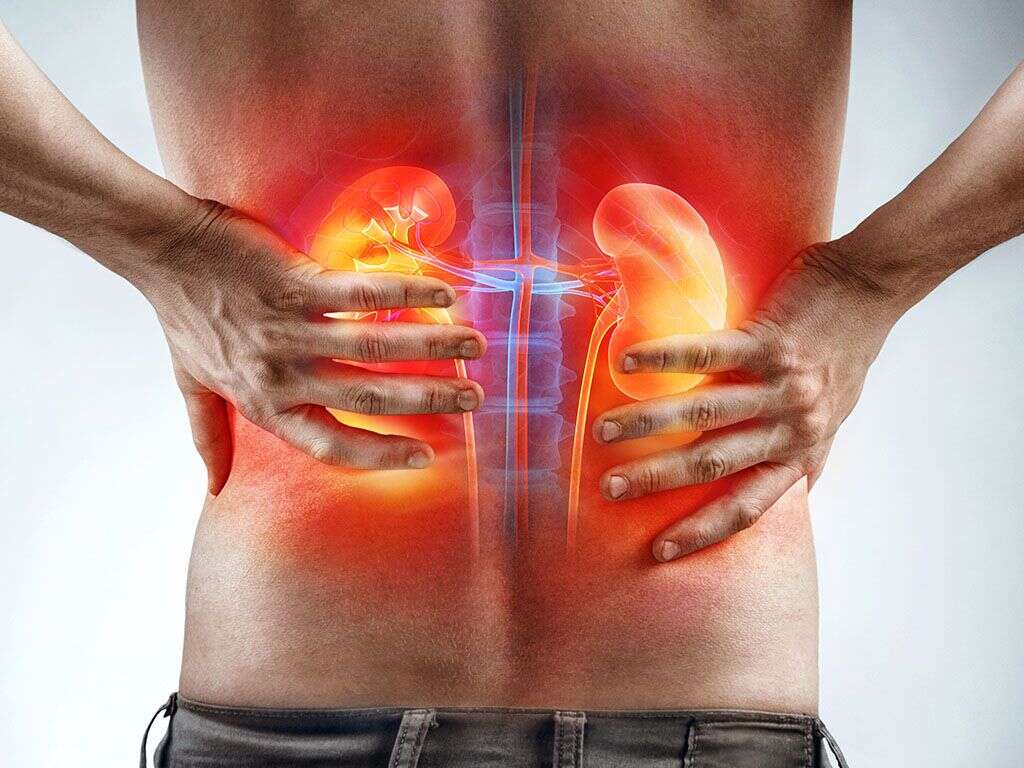10 Causes of Kidney Infection
Kidney infection, or pyelonephritis, refers to the inflammation of the kidney caused by a bacterial infection. Common symptoms of a kidney infection include flank tenderness, fever, nausea, dysuria, increased urinary frequency, and more. Severe and advanced cases of kidney infection can lead to complications such as sepsis, kidney failure, and pus around the kidney.
When an infection spreads upwards from the urinary tract – and, less commonly, through the bloodstream – to the kidney, it becomes infected. Kidney infection can be diagnosed based on the symptoms of the patient, urinalysis, and possibly, medical imaging. The risk of developing a kidney infection can be lowered by drinking enough fluids and urination after sexual intercourse. It is usually treated with antibiotics such as ceftriaxone and ciprofloxacin.
Severe cases may require hospital admission, and surgery may be necessary among patients with kidney stones or structural issues in the urinary tract. Pyelonephritis is common and affects approximately 1 to 2 in every 1,000 women and 0.5 per 1,000 men. This condition is most commonly seen among young adult females. It has a good prognosis among young adults, but the risk of death for individuals over the age of 65 is about 40 percent.
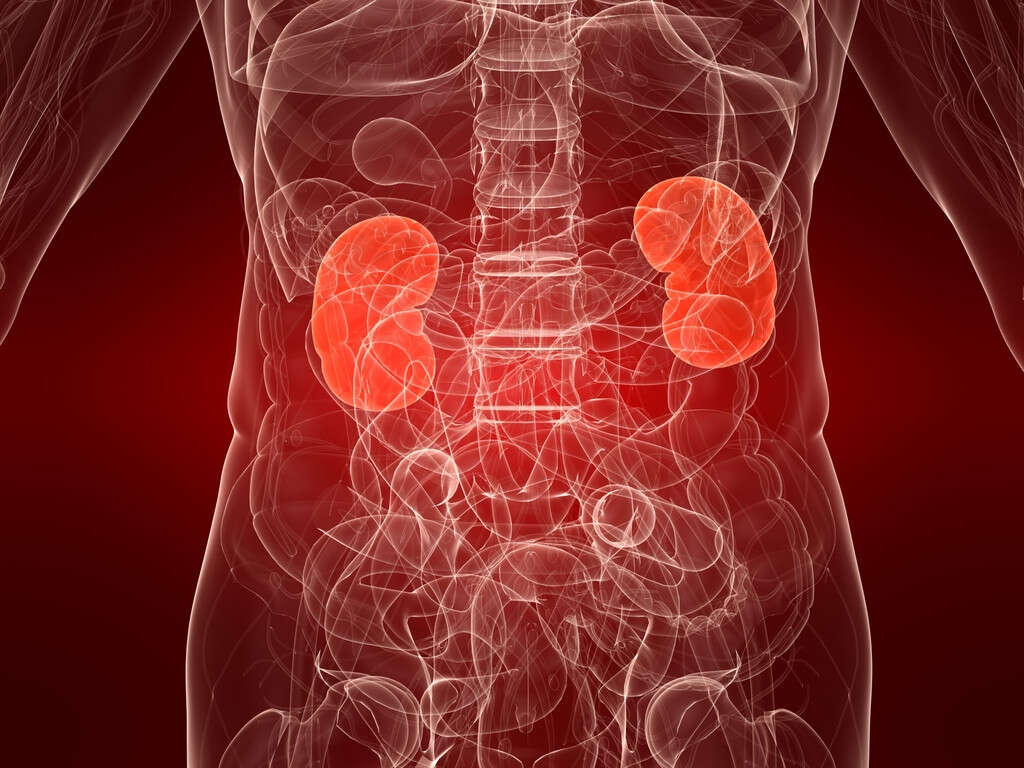
Cause #1: Kidney Stones
Kidney stones, or renal stones, occur when solid material remains and builds up in the urinary tract. The material exits the body via the urinary tract out of the urethra. While some individuals experience no symptoms due to smaller stones, stones that are bigger than 5 millimeters can cause blockage in the urinary tract leading to severe pain in the loin or groin, lower back pain, blood in the urine, nausea, vomiting, dysuria, and more.
Risk factors of kidney stones include dehydration, obesity, high levels or calcium in the urine, etc. In case of obstruction, a urinary tract infection (UTI) may occur due to accumulation of bacterial growth in the stagnant urine. From the urethra, the infection can spread upwards toward the bladder, ureters, and kidneys, causing a kidney infection.

Cause #2: Vesicoureteral Reflux
Vesicoureteral reflux is a disorder where the urine backflows from the bladder toward the ureters and kidneys. The natural flow of urine begins from the kidneys to the ureters, then the bladder. A valve present in the ureteral bladder junction functions to stop urine backflow.
About 50 percent of vesicoureteral reflux cases have little to no symptoms. However, repeated episodes of bladder and kidney infection can be considered a symptom and usually prompt the investigation of a vesicoureteral reflux.

Cause #3: Feminine Products
There are various feminine products that are currently available on the market. Examples include vaginal cleansers, intimate wipes, lubes, douches, and moisturizing creams.
While some may think that these products are beneficial, many of them have been found to increase the likelihood of a urinary tract infection (and therefore a kidney infection) as they often disrupt the balance of the vaginal microbiome. This imbalance can also further lead to reduced fertility, bacterial vaginosis, and a higher risk of sexually transmitted diseases.

Cause #4: Catheterization
Catheterization is a procedure where a tube is inserted through the urethra into the bladder to drain the urine from the bladder into a bag. In a hospital setting, this is a very common procedure that often causes a UTI.
However, it is important to know that catheterization may be necessary in some situations such as surgery, as the medical team will need to monitor urine output. It is also necessary for those unable to control their bladder. A UTI can cause symptoms such as hematuria, cloudy urine, strong urine odor, dysuria, lower abdominal discomfort, vomiting, fever, chills, and more.
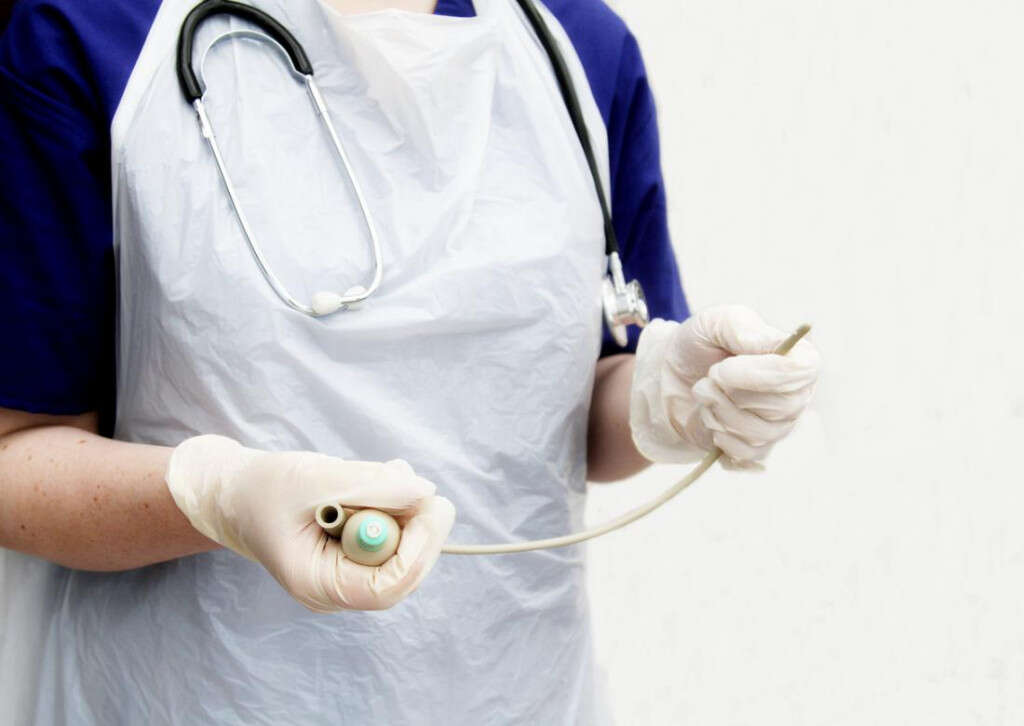
Cause #5: Birth Control
There are some birth control methods that have been found to increase the likelihood of a UTI. Women who use a diaphragm, spermicide, or spermicide lubricated condom, may have a higher possibility of a UTI as these methods contribute to increased bacterial growth.
Women who use these birth control methods and experience frequent episodes of UTI should consider trying something else. Although unproven, some recommendations such as avoiding tight clothing, taking showers instead of baths, and wearing cotton underwear may also be helpful.
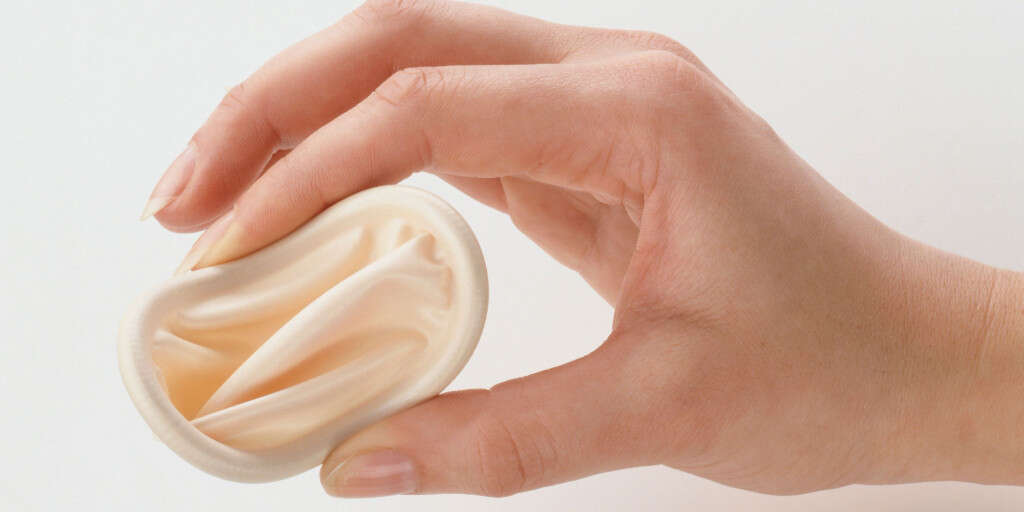
Cause #6: Diabetes
Since diabetes hinders the immune system, diabetic patients have a higher risk of developing infections such as a UTI. The higher urine glucose content encourages bacterial growth, so people with uncontrolled diabetes can experience a neutrophil dysfunction due to higher calcium levels.
Diabetes can also cause potential renal complications that may increase the severity, risk, and frequency of UTI episodes. These infections can also spread to the kidneys causing a kidney infection.
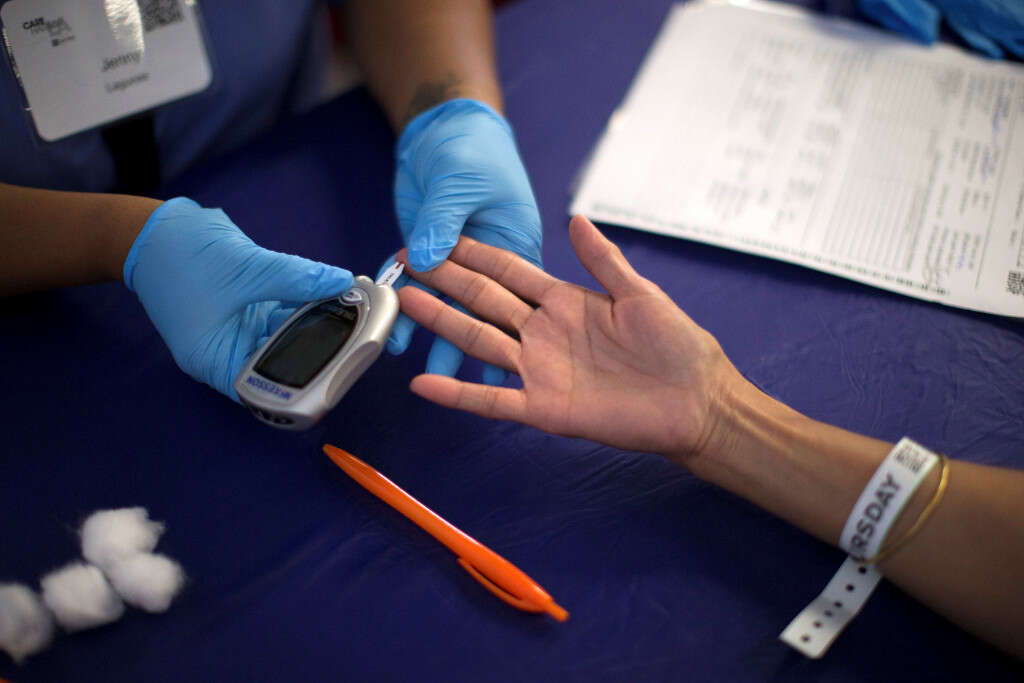
Cause #7: Intercourse
Sexual intercourse is a common cause of UTI as there may be introduction of bacteria into the urinary tract. Intercourse increases the risk of the urethra encountering bacteria from other body parts. When bacteria enter the urethra, it moves toward the bladder and can potentially cause a bladder infection.
In severe cases, the kidneys may also be involved, causing a kidney infection, or pyelonephritis. About 80 percent of premenopausal women with an infection were found to have had sexual intercourse in the last 24 hours. Women who are sexually active of have a new partner also have a higher risk of developing an infection.

Cause #8: Dehydration
Dehydration occurs when there is excessive fluid loss that is not countered by intake of the same quantity. Although studies have been unable to find the connection between dehydration and kidney or bladder infection, some experts think that since dehydration results in decreased urine output, it allows the colonization and ascent of bacteria in the urinary tract, resulting in an infection.
Urine helps flush out bacteria from the urethra. Depending on factors such as activity level and climate, the recommended standard fluid intake for a normal person is approximately 8 glasses of water.

Cause #9: Holding It In
It has been found that those who frequently hold their urge to pee have a higher likelihood of UTIs. This may be due to the prolonged intervals between urination. Since urination helps flush bacteria out of the urinary tract, prolonged intervals of not urinating allow bacteria to accumulate and move up the bladder causing an infection.
An infection that moves toward the kidneys can result in a kidney infection. Holding in pee also weakens the bladder muscles. This increases the possibility of urinary retention in the future.
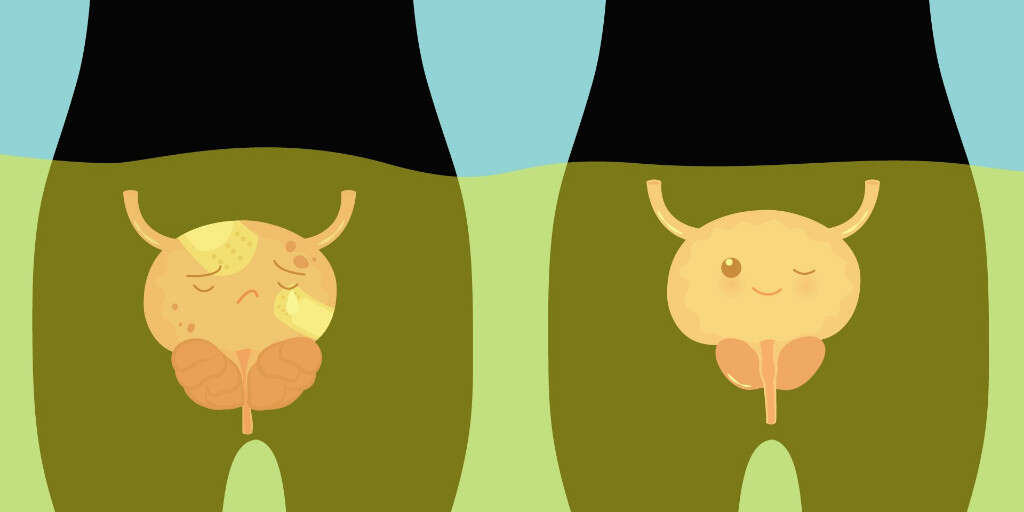
Cause #10: Constipation
Constipation occurs when the bowel movements are infrequent and hard to pass due to dry stool. Symptoms of constipation include abdominal bloating which can cause higher pressure on the bladder preventing complete bladder emptying and resulting in bacterial growth.
The pressure on the bladder can also cause backflow of urine allowing the bacteria to move from the lower urinary tract to the ureters or kidneys causing a kidney infection. Patients who experience both constipation and frequent episodes of UTI should try to resolve their constipation first to see if the frequency of UTIs decreases.




